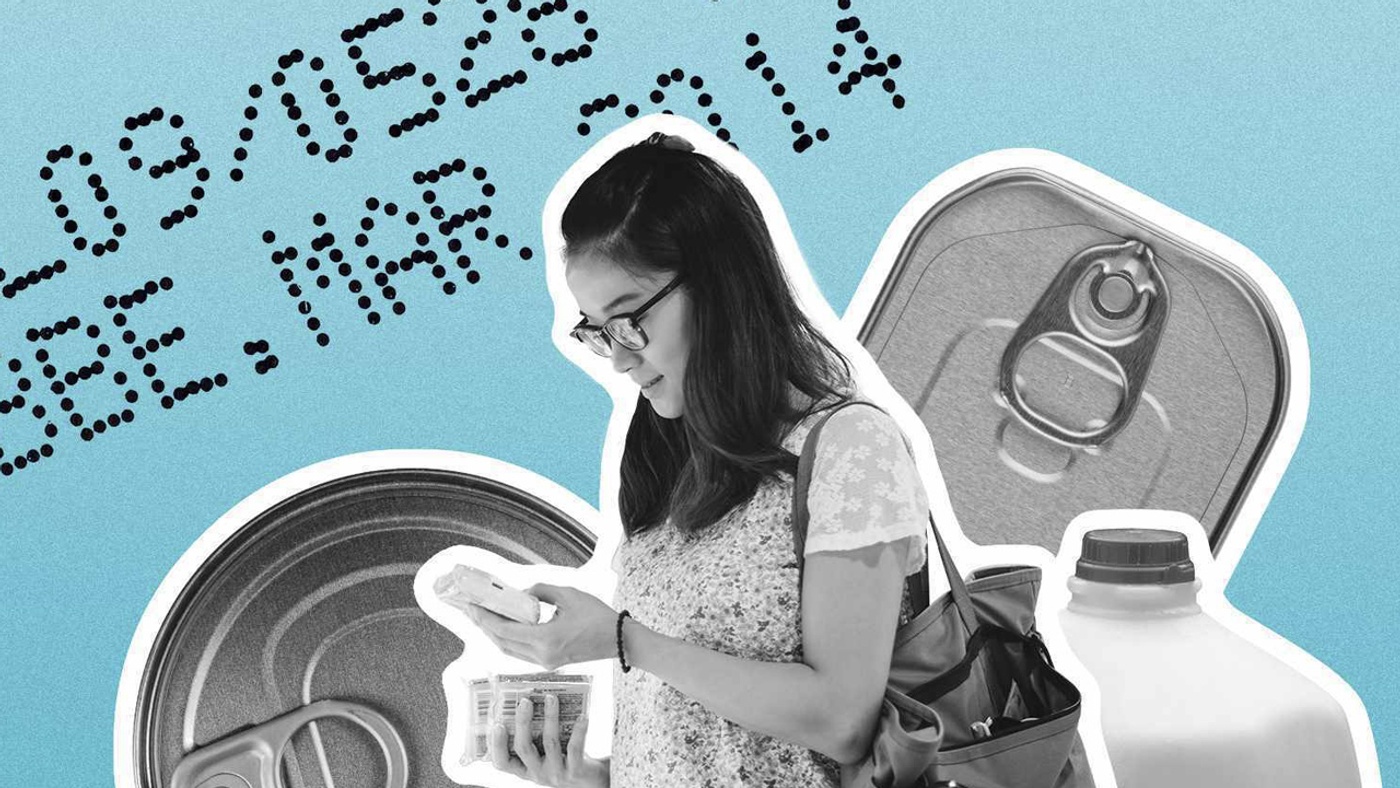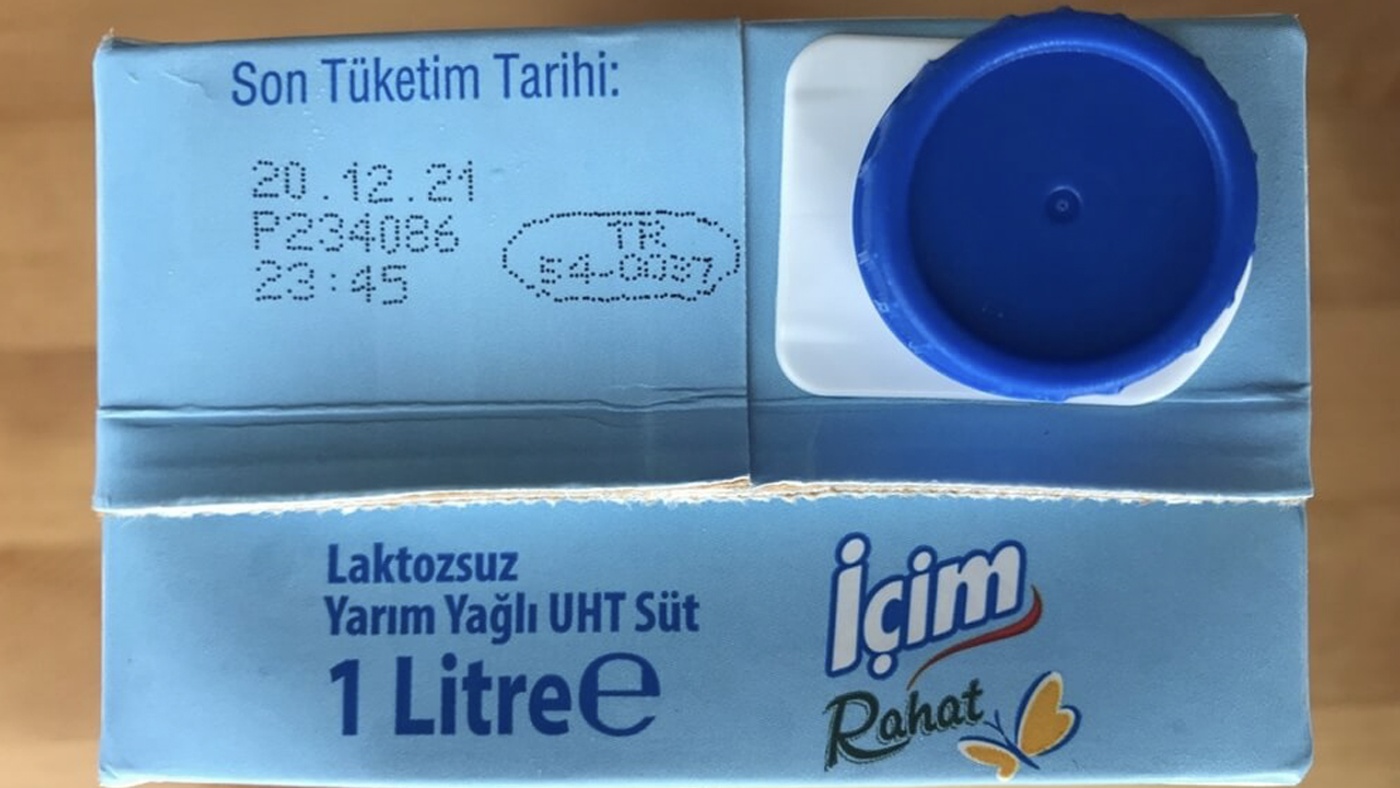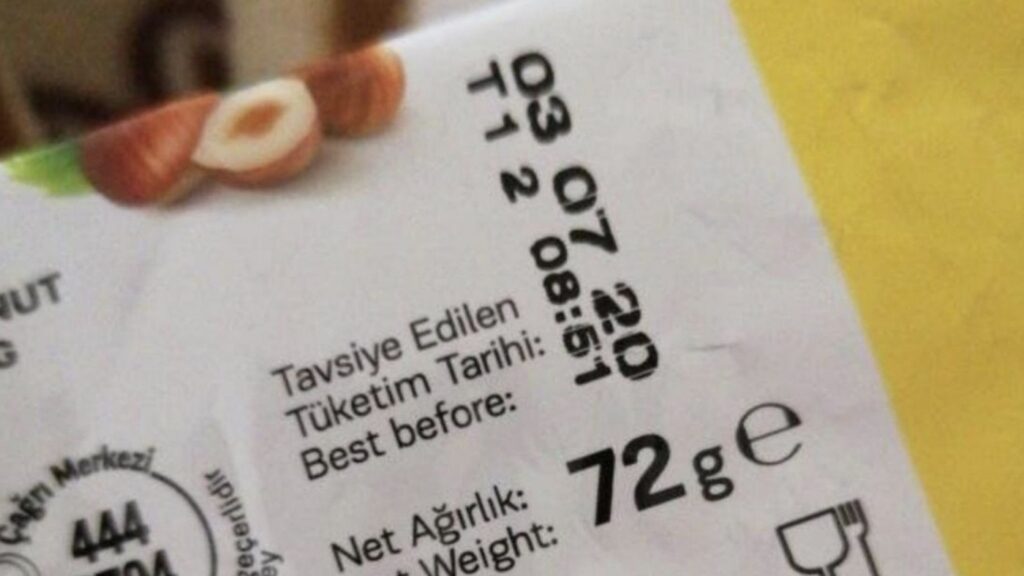The expiration date (ED) indicates the last date a food product can be consumed healthily. This date is determined by the manufacturer based on chemical and microbiological analyses of the food. Many factors such as storage conditions, type of packaging, and sensory evaluations are considered to maintain the freshness and safety of the product.
ED specifies the last day the food can be safely consumed. Consumption after this date may carry certain health risks. However, this is not applicable to all foods; some can be safely consumed even after the specified date.
How Is the Expiration Date Determined?

Manufacturers conduct various tests to monitor the spoilage process and the activity of pathogenic microorganisms. The storage conditions of the food directly affect the shelf life of the product. Factors such as temperature, humidity, and light determine how long the product can stay fresh.
Packaging Method is a Significant Factor Affecting the Consumption Date

Packaging methods, especially vacuum packaging, gas packing, and airtight containers, can extend the life of the food. For instance, modified atmosphere packaging changes the ratios of carbon dioxide, nitrogen, and oxygen inside the package, helping the food stay fresh longer.
Certain special processes, like flash pasteurization, particularly extend the shelf life of liquid foods. In this process, the food is briefly exposed to high temperatures and then rapidly cooled to deactivate microorganisms.
Sensory Evaluations are Also Considered While Determining the ED
Experts periodically check the taste, smell, texture, and appearance of foods, and these sensory evaluations are taken into account when determining the expiration date.
It is also important to note that there is a significant difference between the expiration date and the recommended consumption date (RCD). While ED represents the date the food begins to spoil, RCD represents the last date the food can be consumed if stored properly. Food can still be consumed after the RCD if it appears suitable.
Can Foods Past Their Expiration Date Be Consumed?
While expiration dates raise awareness about food safety, they also aim to reduce food waste. Often, foods can still be safely consumed after their expiration dates as long as they show no signs of spoilage.
It should be remembered that expiration dates indicate how long foods will remain of good quality and the best assessment is made with our senses. Thus, we can prevent unnecessary waste and ensure sustainable consumption.
Source: General Directorate of Food and Control , Real Simple


